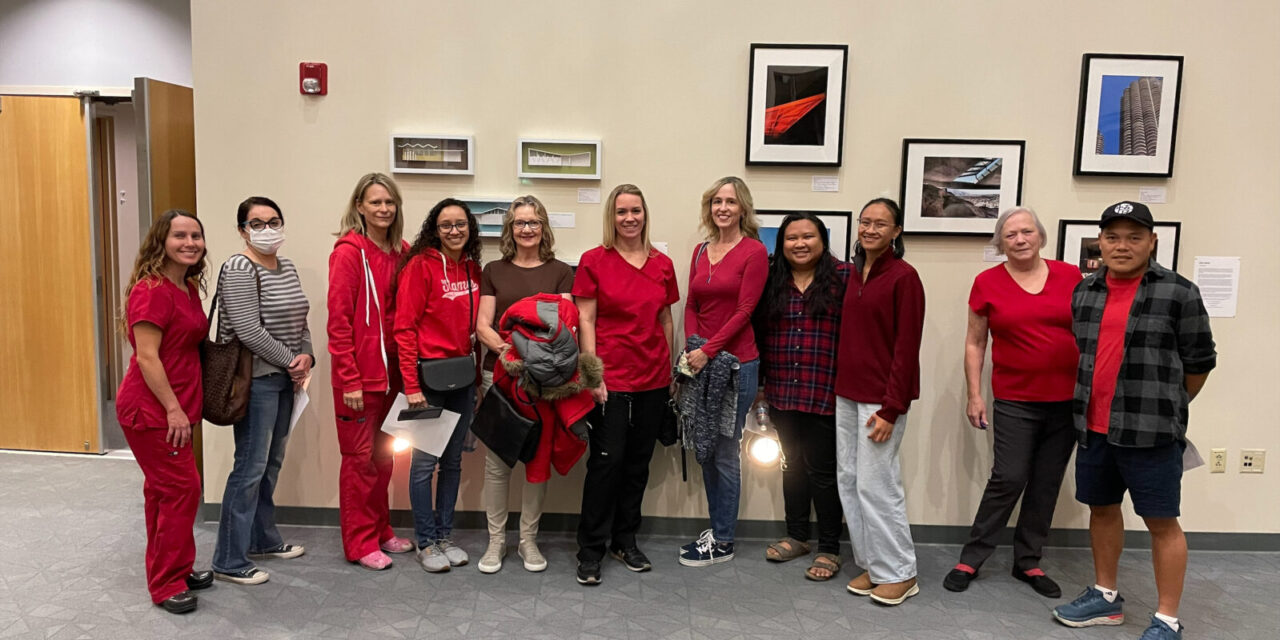Desert Regional nurses demand Tenet address patient safety concerns in NICU and “emergency” intensive care units
Registered nurses with Desert Regional Medical Center in Palm Springs, Calif. will hold a picket on Tuesday, Dec. 12 to demand Tenet address the chronic issues that jeopardize patient care in the neonatal unit and intensive care units, California Nurses Association announced.
“When we are caring for newborns in the neonatal intensive care unit (NICU), we are caring for tiny babies in the most fragile condition,” said Deb Edwards, a registered nurse who works in the NICU. “It is impossible for us to give the highest quality of care to these infants if we are caring for too many babies. Right now, that is the situation on a great majority of shifts. We have taken our concerns to the California Department of Public Health and asked them to investigate, so we can address these concerns in a way that benefits our patients. As patient advocates who understand the risk associated with the chronic lack of staff, we felt we had no choice but to bring this issue to the state in order to best care for our community.”
What: Registered nurses hold picket at Desert Regional Medical Center
When: Tuesday, Dec. 12, 5:30 p.m. – 7:15 p.m.
Where: Desert Regional Medical Center, 1150 N Palm Springs Canyon Drive, Palm Springs, Calif.
Nurses are also calling on Tenet to address the use of non-intensive care units to house intensive care patients. This practice began at the height of the pandemic as an emergency response to a crisis situation. However, the situation remains more than two years after this “quick fix” was instituted.
“Something cannot be an ‘emergency’ forever,” said Rachel Garcia, a registered nurse who works in the ICU. “Tenet needs to invest in a new ICU instead of housing patients in whatever space they can cut out of other units. These other areas are not appropriate for our patients. These rooms lack the equipment, such as multiple suction regulators, we need to care for our patients. Importantly, these rooms lack privacy. No one should have to grieve or share last words or try to heal in an environment that lacks privacy and which can expose them to traumatic experiences. If Tenet wants to renew the lease, Tenet needs to prove to the community that it will put the resources we need into our hospital to make it the best place for our patients.”
Nurses on the NICU say short staffing is a constant problem that makes it difficult for them to provide optimal care for their patients. Nurses report that lack of staff has meant nurses are sometimes unable to help facilitate child-parent bonding, which is critical to healing. Because they were so busy caring for other critically ill children, the nurses weren’t able to help a parent manage critical lifesaving equipment to assist in the parent holding the infant.
“It is not only incredibly frustrating for the nurses, who are working through breaks, through their lunches, and working overtime, but it is incredibly frustrating for the families as well when we cannot attend to all their needs,” said Edwards. “Families with a child in the NICU are scared, they are facing so many unknowns, they deserve so much more than what we can give them. We need Tenet executives to staff our NICU as if their own child were seeking treatment in this hospital. Tenet is asking for us to trust them to do right for another 30 years. We say, ‘Show us you are willing to do the right thing for our community now.’”
During a district board meeting on Sept. 18, Tenet outlined a proposed extension of its current lease with an option to buy at the end of the lease term. This new lease agreement would begin in 2027, when the current lease ends.
According to Tenet Healthcare records, Desert Regional Medical Center is its highest-earning hospital in California. In 2021, the hospital earned Tenet more than $130 million in profit, and in 2022 more than $77 million in profit. That Tenet was able to make so much money at Desert Regional may be in part to its exceptionally high charge-to-cost ratio: the ratio between a hospital’s expenses and what they charge for care. For instance, in 2021, Desert Regional’s charge-to-cost ratio was 1,136 percent: for every $100 dollars of cost, the hospital charged $1,136. This charge-to-cost ratio is far above that year’s national average of 426 percent (or $426 charge for every $100 of cost).
CNA represents more than 850 nurses at DRMC.
Image Sources
- Desert Regional Medical Center nurses: CNA







